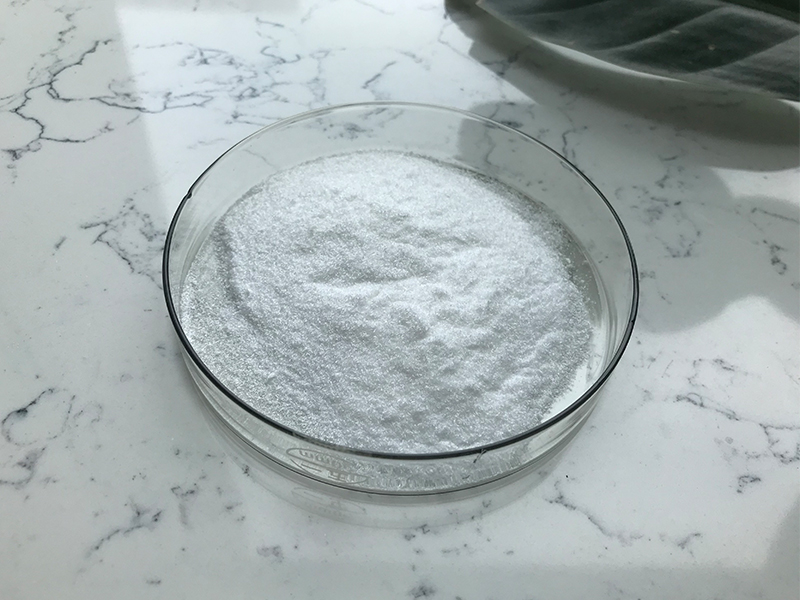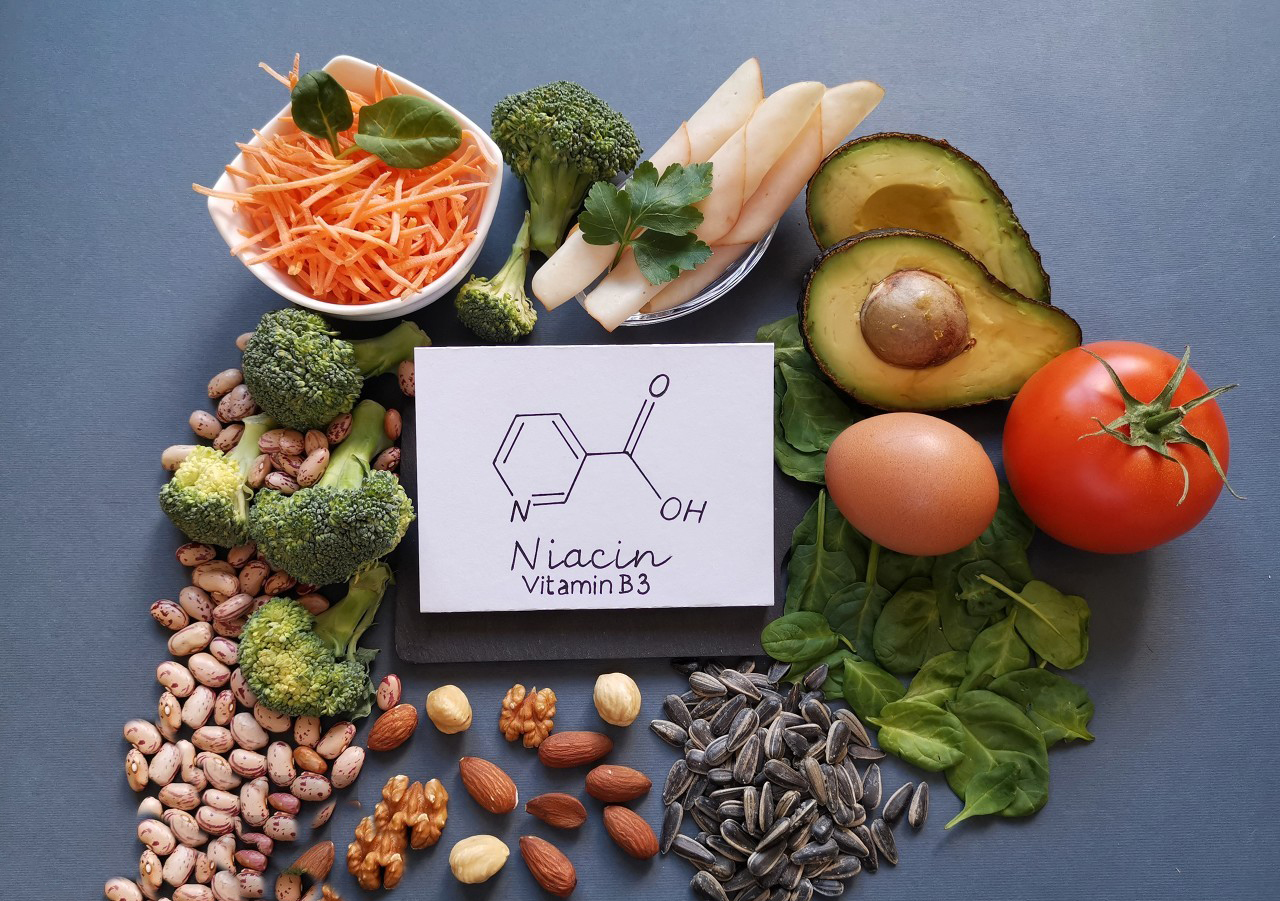Niacin, also known as vitamin B3 or nicotinic acid, is an essential nutrient for the human body. It plays a crucial role in converting food into energy and is important for maintaining the health of the skin, nerves, and digestive system.
Here are some key points about niacin:
1.Energy Production: Niacin is a component of coenzymes involved in cellular metabolism, helping to convert carbohydrates, fats, and proteins into usable energy.
2.Cell Function and Repair: It is essential for DNA repair and cell function, contributing to overall cellular health and maintenance.
3.Nervous System Health: Niacin is important for the proper functioning of the nervous system.
4.Skin Health: It can help maintain healthy skin and support the digestive system.
5.Cholesterol Management: Niacin has been used therapeutically to help lower LDL (“bad”) cholesterol and triglycerides, and raise HDL (“good”) cholesterol levels.
6.Food Sources: Niacin is found in a variety of foods, including meat, fish, poultry, enriched cereals, legumes, and nuts. It can also be synthesized by the body from the amino acid tryptophan, although in smaller amounts.

7.Deficiency: Severe niacin deficiency can lead to a condition called pellagra, which is characterized by dermatitis, diarrhea, dementia, and potentially death if left untreated.
Niacin is considered an essential nutrient, meaning that the body cannot produce it in sufficient amounts, so it must be obtained through the diet or supplements.
How to use Niacin?
Niacin, also known as vitamin B3, is commonly used to treat or prevent niacin deficiency, and it can also be used for other medical conditions under medical supervision. Here are some general guidelines on how to use niacin:
1.Dosage: The dosage of niacin can vary depending on the condition being treated. It’s essential to follow your doctor’s instructions or the dosage recommended on the product label.
2.Forms: Niacin is available in different forms, including immediate-release, extended-release, and as part of B-complex vitamins. The type you use will affect how quickly it’s absorbed and how long it lasts in your system.
3.Timing: If you are prescribed niacin for a specific condition, follow the recommended schedule for taking it. Some forms of niacin, especially extended-release tablets, should not be crushed, chewed, or broken, as this can affect how the medication is released in your body.
4.Food: Niacin can be taken with or without food, depending on your doctor’s instructions or the specific product label. However, taking it with food may help reduce the likelihood of stomach upset.
5.Side Effects: Common side effects of niacin include flushing (warmth, redness, or tingly feeling under your skin), itching, and mild dizziness. These symptoms are usually temporary and can be reduced by taking niacin with food and avoiding alcohol around the time of ingestion.

6.Monitoring: Your doctor may need to monitor your progress regularly while you are taking niacin to ensure it is working properly and to check for any unwanted effects.
7.Precautions: Inform your doctor about any other medications you are taking, including over-the-counter drugs, supplements, or herbal remedies, as they may interact with niacin. Also, discuss any medical conditions you have, such as liver disease or diabetes, as these may affect how niacin works in your body.
8.Overdose: Avoid taking more than the prescribed dose of niacin, as high doses can cause serious side effects. If you suspect an overdose or experience severe side effects, seek medical attention immediately.
Always consult with your healthcare provider or pharmacist for specific instructions tailored to your condition and needs when using niacin. They can provide personalized guidance based on your medical history and current medications.
